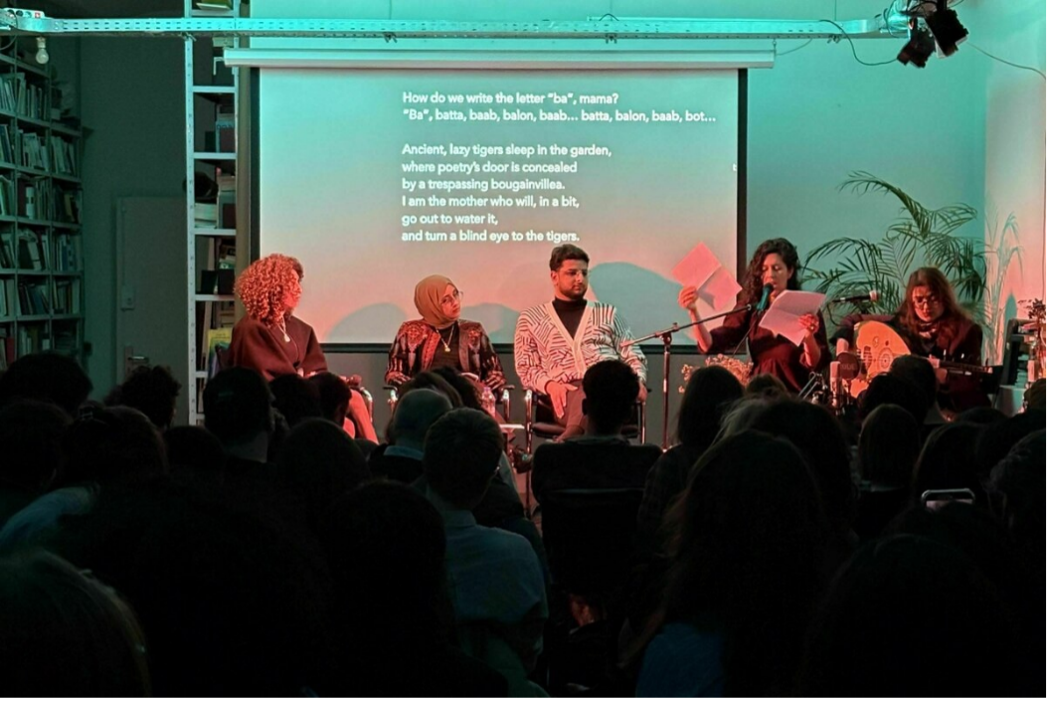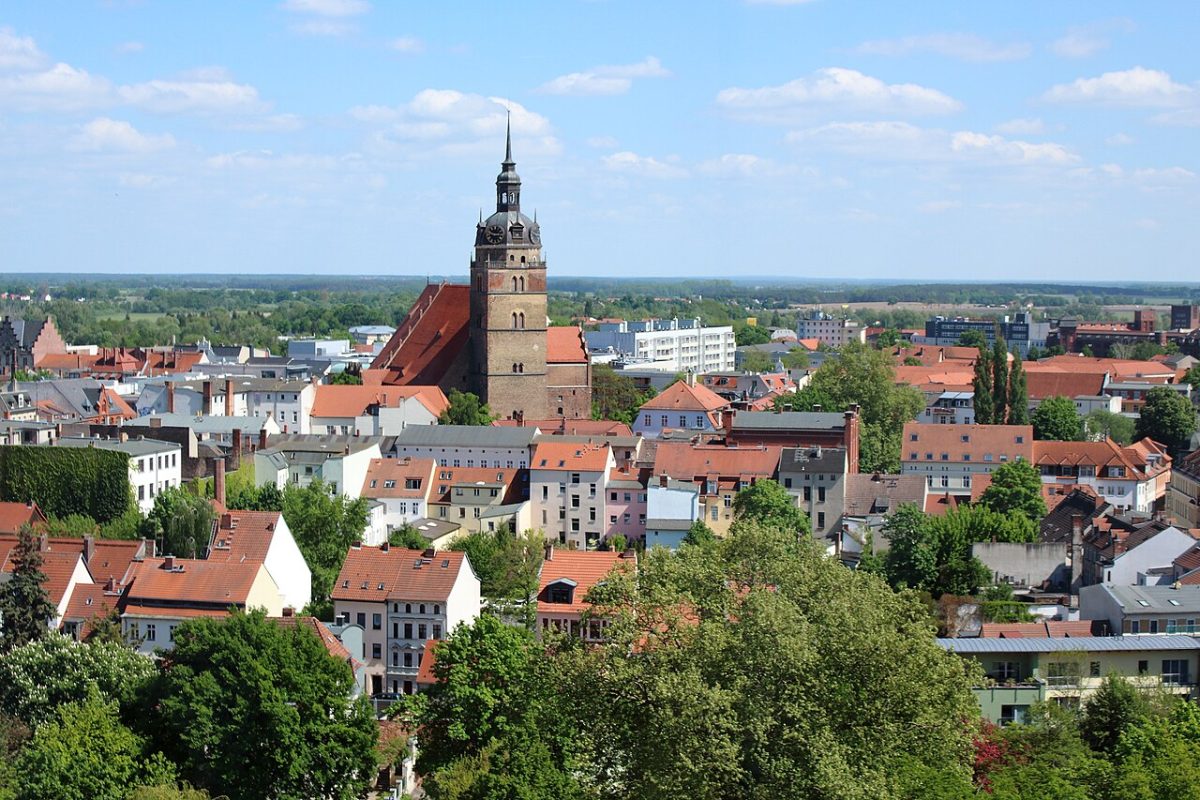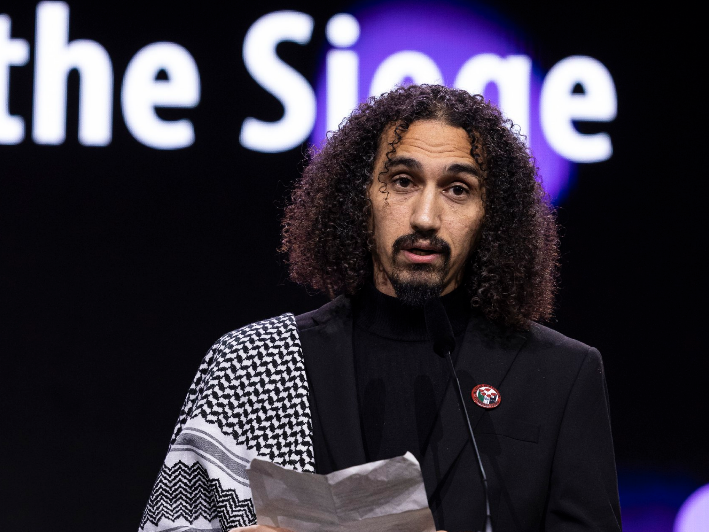NEWS FROM BERLIN
VBB tickets expected to be 7.5% more expensive in 2025
Public transport tickets from the Berlin-Brandenburg Transport Association (VBB) will probably be around 7.5% more expensive in the new year, bringing a single journey in Berlin to almost four euros. The final decision on the price increase by the VBB Supervisory Board is still pending and expected in the coming weeks. When calculating the fares (the so-called VBB fare index), the development of the cost of living, electricity and fuel prices over the past 60 months is considered. Source: rbb
Warning strike at the rbb
The DJV and ver.di unions have called for a three-day warning strike at Rundfunk Berlin-Brandenburg (rbb). As a result, there will be restrictions in the programmes. So far, rbb and the trade unions have not been able to reach an agreement on how to proceed with a collective bargaining agreement for freelance employees that has already been negotiated and with the upcoming collective bargaining negotiations for permanent and temporary employees. The trade unions are calling for the collective agreement to protect long-term freelance employees to be signed. They also reject rbb’s demand for wage freezes for salaries and fees in the current round of collective bargaining. Source: rbb
Amazon Tower in Berlin: a city for corporations
The angular, mirrored glass façade looms coldly over the otherwise rather vibrant architecture around Warschauer Brücke in Friedrichshain. Edge East Side Tower is the name of the tower in which the major corporation Amazon has rented space – or Amazon Tower for short. An alliance of climate, urban and rental policy initiatives is fighting against the company’s move into Friedrichshain and recently called for a demonstration. There are many reasons to be against the corporation: the working conditions, for example, and the company’s carbon footprint. However, the most obvious one here in Berlin is the criticism of gentrification. Source: nd
NEWS FROM GERMANY
No recession, but little relief, for German economy
Germany, Europe’s long-time powerhouse, has been struggling badly in the last years. Yet last week there was some room for positivity. The country managed 0.2% growth in the third quarter of 2024, beating pessimistic expectations which had forecast a contraction. This means that, despite the drop in the second quarter, Germany avoids slipping into recession, typically defined as two successive quarters of contraction. However, in keeping with the grim mood that has hung over the country, this week’s data drop revealed that the economy shrank 0.3% between April and June, a revision downwards from the previously recorded 0.1% drop. Source: dw
Antisemitism cannot be fought in this way
For a good year now, the Ampel parliamentary groups and the CDU/CSU have been negotiating what a joint resolution against anti-Semitism could look like. Since the first drafts began to make the rounds, criticism of the plan has become ever louder. A group of Jewish and non-Jewish academics have recently formulated a counterproposal, focusing on positive measures to support Jewish life. In an open letter submitted to taz, more than 600 signatories from politics, culture and society have come out in favour of this letter. Among them, there are for instance the Green politician Daniel Cohn-Bendit, and the climate activist Luisa Neubauer. Source: taz
Scholz meets NATO chief Rutte in Berlin
In Mark Rutte’s first official visit to Germany since becoming head of the trans-Atlantic defence alliance, the new NATO chief praised the country’s efforts to boost defence spending in recent years. At a press conference after the meeting, Rutte said German defense spending was still too low, despite recent increases. Germany is now investing 2% of its gross domestic product in defense for the first time in three decades, but all Allies need to invest more, according to Rutte. Of particular security concern for the NATO countries is the recent addition of North Korean soldiers to Russian troops fighting in Ukraine, marking a new escalation of the conflict. Source: dw
German government going into crisis mode
Give up or rescue what can still be saved? This is the choice faced by the Ampel coalition government, which has been in office for almost three years. Its three parties have always been at loggerheads because many of their core policies are substantially different. Currently, several closed-door meetings are to culminate in a session of coalition representatives on November 6. Then, for the first time in weeks, the leaders of all three parties and their parliamentary groups will be sitting at the same table. There is considerable time pressure, as the 2025 budget is due to be passed in the Bundestag at the end of November. Source: dw



